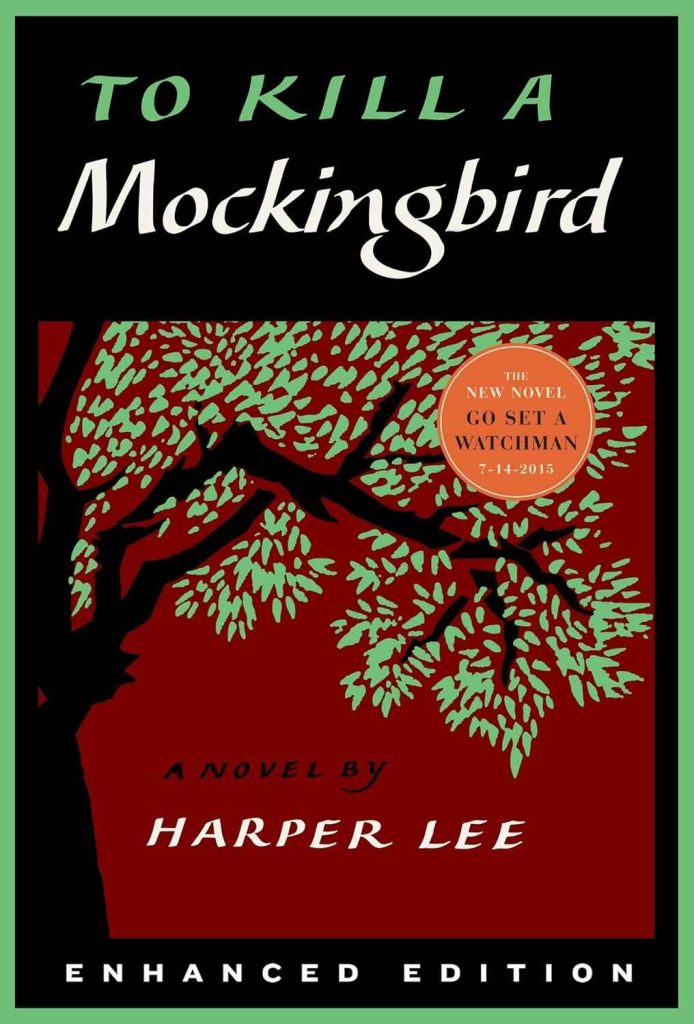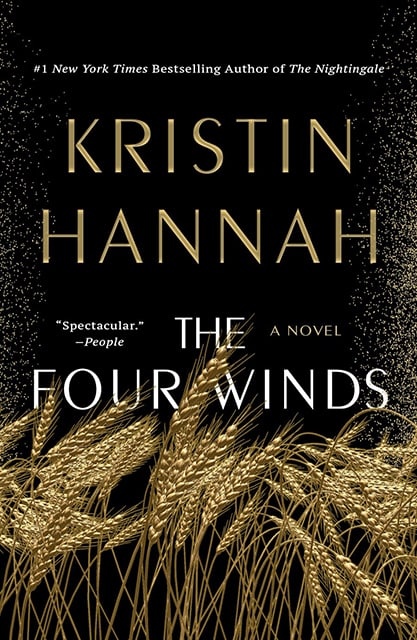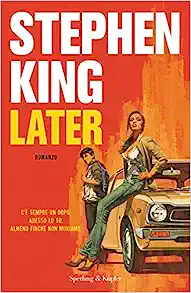Harper Lee’s seminal novel, “To Kill a Mockingbird,” has long been a cornerstone of American literature. Despite its acclaim and widespread popularity, this beloved classic has found itself at the center of heated debates and challenges within educational curricula and public libraries across the nation.
“To Kill a Mockingbird” has faced banning attempts due to its themes of racism and violence. But, still, it remains widely taught in schools and recognized for its literary merit.

Let’s explore the contentious issue of why ‘To Kill a Mockingbird‘ has faced bans.
Is To Kill a Mockingbird Banned?
Yes, “To Kill a Mockingbird” by Harper Lee has faced numerous challenges and bans over the years due to its content. The novel’s exploration of racism, rape, and racial injustice has sparked controversy in various communities. Some opponents argue that the book’s language and themes are inappropriate for certain age groups or that it promotes anti-Christian values.
Despite its critical acclaim and widespread recognition as a classic of American literature, “To Kill a Mockingbird” continues to be challenged in school curricula and libraries across the United States. Challenges to the book typically arise from concerned parents, community members, or organizations advocating for censorship based on their interpretation of the book’s themes.
However, many educators and literary scholars defend the book’s value as a classic work of literature. It provides valuable insights into historical and contemporary issues surrounding race, justice, and morality. They contend that its inclusion in educational settings allows for important discussions about empathy, prejudice, and the power of perspective.
Why Is To Kill a Mockingbird Banned?
“To Kill a Mockingbird” by Harper Lee has been banned or challenged for various reasons, including:
Use of Offensive Language: One of the most common reasons cited for challenging or banning the book is its frequent use of racially charged language like racial slurs, particularly the N-word. Some argue that the language is offensive and inappropriate for students, particularly younger ones, while others believe it accurately reflects the racism of the period in which the novel is set.
Sensitive Themes: Another issue that often leads to challenges against this masterpiece is the book addresses themes of racial injustice, rape, violence, discrimination, and inequality, which some parents and educators find uncomfortable or controversial. Critics argue that the book’s depiction of racism may be too harsh or realistic for certain age groups, particularly young students. It could potentially perpetuate negative stereotypes or misunderstandings about race.
Challenging Social Norms: “To Kill a Mockingbird” challenges societal norms and prejudices, especially regarding race and class. Some individuals or groups may feel uncomfortable with its portrayal of racism and inequality.
Conflict with Educational Standards: The book may conflict with certain educational standards or guidelines. Educators may face pressure from parents, community members, school officials, or administrators who believe the content is unsuitable for students due to its content. These challenges may result in the book being removed from school reading lists, libraries, or classroom curricula.
Political and Ideological Reasons: The novel’s portrayal of social issues and criticism of institutionalized racism can be seen as politically or ideologically controversial. Some individuals or groups may attempt to censor or ban the book for these reasons.
Sexual content: While not explicit, the novel contains references to sexual assault and other mature themes that some readers or communities may find objectionable.
Perceived Promotion of Immorality: Critics argue that certain characters’ actions or the overall narrative of the book promote immoral behavior or values, such as Atticus Finch’s defense of a black man accused of raping a white woman.
Religious Objections: Religious groups or individuals may object to the book’s content, believing that it conflicts with their religious beliefs or values.
Parental Concerns: Parents may express concern about their children being exposed to certain themes or language in the book, feeling that it is not age-appropriate or could be emotionally distressing.
Historical Accuracy Debate: Some critics challenge the historical accuracy of the book, particularly regarding its portrayal of race relations in the American South during the 1930s.
Literary Merit Disputes: Some individuals or groups dispute the literary merit or relevance of “To Kill a Mockingbird,” leading them to advocate for its removal from school curricula or libraries.
Despite these objections, “To Kill a Mockingbird” remains a widely celebrated and influential work of literature, beloved by many readers for its powerful portrayal of justice, morality, and compassion.
Is To Kill a Mockingbird Banned In Any Schools?
“To Kill a Mockingbird” by Harper Lee has indeed faced challenges and bans in various schools over the years.
One notable instance occurred in 2016 when the Accomack County Public Schools in Virginia temporarily suspended the book from its curriculum following a parent’s complaint about its language and portrayal of racial issues. However, the book was reinstated with a parental permission option after public outcry and discussions.
Similarly, in 2017, the Biloxi School District in Mississippi removed the book from its eighth-grade reading list due to complaints about its language and content. However, it was later reinstated after facing widespread criticism and public outcry.
In 2017, the Cherry Hill School District in New Jersey also removed “To Kill a Mockingbird” from its eighth-grade curriculum following concerns raised by parents about its racial themes and language. The book was reinstated shortly after following community discussions and a review by school officials.
Moreover, challenges have occurred in other locations as well, such as Brentwood, Tennessee, where the book was temporarily removed from the eighth-grade curriculum at Sunset Middle School following a parent’s complaint about racial slurs. The book was later reinstated following community discussions and a review by school officials.
Furthermore, challenges to “To Kill a Mockingbird” have occurred in various parts of the world, including Canada. In London, Ontario, Canada, a parent challenged the inclusion of the book in the grade 10 English curriculum at A.B. Lucas Secondary School in 2009, citing concerns about its language and racial themes. However, this decision was later reversed after significant public outcry and discussions about the importance of addressing difficult topics like racism in literature
Final Words
While “To Kill a Mockingbird” has faced challenges and censorship attempts over the years due to its themes and language, its enduring significance in literature cannot be denied.
In deciding whether to ban “To Kill a Mockingbird,” we must consider its purpose, context, and potential for learning. Instead of outright prohibition, fostering open dialogue and providing guidance is essential.


